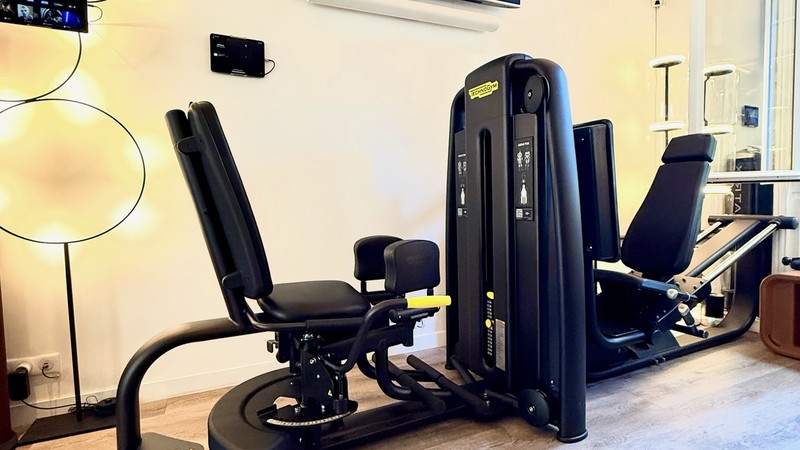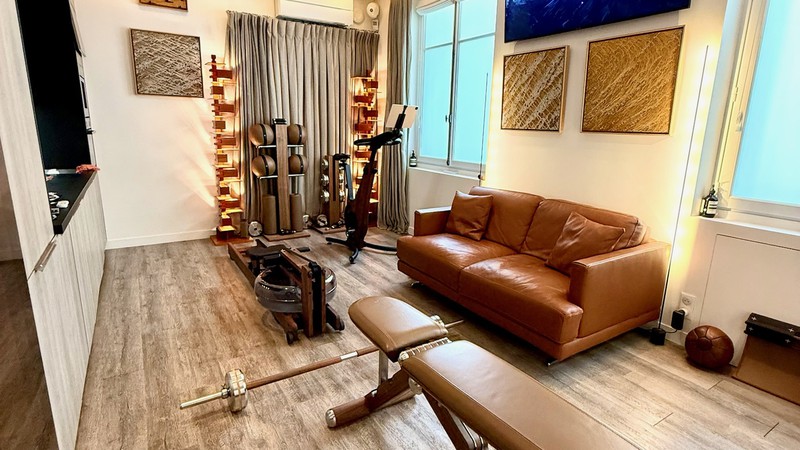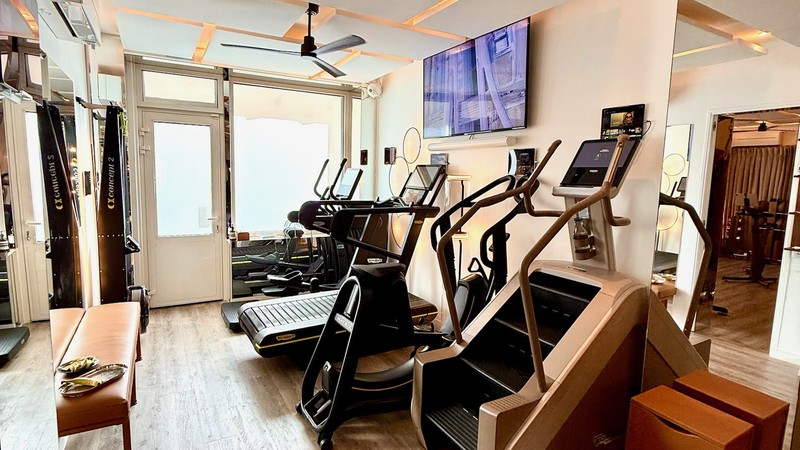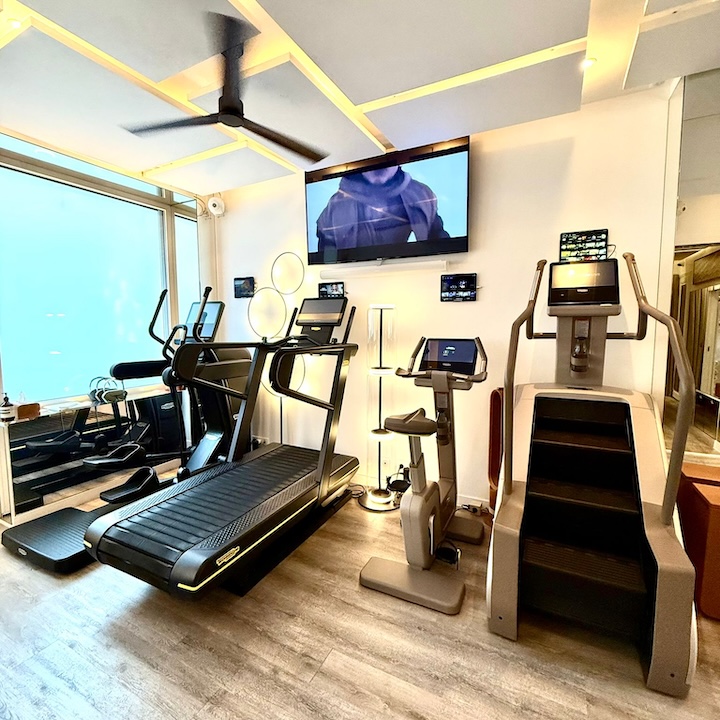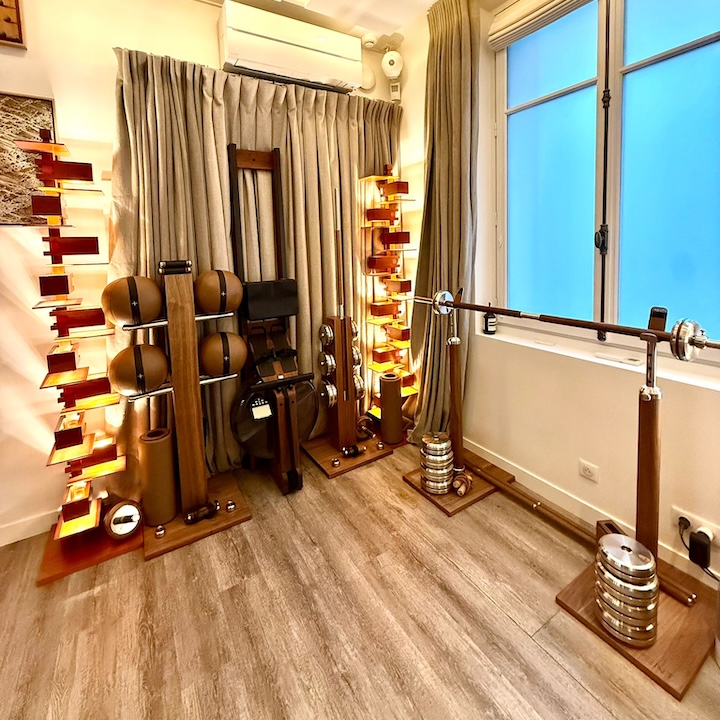How to Listen to Your Body Without Losing Progress
In a world that glorifies pushing limits and celebrating exhaustion, learning to listen to your body might seem counterintuitive. Yet, the truth is clear: the most sustainable, powerful transformations are not built on constant overexertion. They are built on awareness, adaptability, and intelligent effort.
As a personal trainer in Paris, I often work with clients who have internalized the idea that training harder always means training better. But the real art lies elsewhere — in knowing when to push, yes, but also when to adjust, when to slow down, and when to rebuild.
Listening to your body isn't a weakness. It's a strategy.
1. The Myth of "No Pain, No Gain"
Fitness culture has long celebrated the idea that pain is a badge of honor. But real progress happens not when you ignore your body’s signals — but when you learn to interpret them.
Pain, persistent fatigue, irregular breathing, lack of motivation — these are not enemies. They are messages. They reveal when your body needs recovery, technical correction, or a change of approach.
Ignoring these signs may lead to injury, plateaus, or mental burnout. Listening to them? That's where smarter, lasting growth begins.

2. Training smart doesn't mean training less
One common fear is that "listening to the body" will lead to complacency. That it’s an excuse to train less. In reality, smart training means maximizing every session — working with your body’s capacity, not against it.
It’s about intensity when needed, technical refinement when necessary, active recovery when useful.
It’s about having a plan — and adapting it in real time with intelligence, not ego.

3. The power of body awareness
Being aware of your breathing, posture, joint alignment, and muscular activation changes everything. It transforms a simple squat into an opportunity to perfect control. It turns a mobility drill into a reconnection with your true range.
This deep body awareness, cultivated session after session with a coach, leads to:
- Better results
- Fewer injuries
- Stronger movement patterns
- Greater self-confidence
And above all, a new relationship with training: a dialogue, not a monologue.

4. How a personal trainer amplifies this process
Yes, you can listen to your body alone. But the truth is, it's hard to hear clearly when you’re inside the experience.
A personal trainer — especially in a private, focused setting like Louis Fabre Coaching in Paris — acts as an external sensor.
I observe what the body says even when words don't. I see fatigue patterns before they become issues. I adjust loads, form, and programming based on what your body needs, not just what the plan says.
This external feedback accelerates learning. It keeps you honest. It helps you build intuition, supported by expertise.

5. Progress isn't a straight line — and that's a good thing
Understanding that some days your body will perform differently is essential. It doesn't mean you're failing. It means you’re alive.
In smart training, progress is seen across weeks, months, and years, not just from one session to another. The goal is not endless intensity — it's long-term, sustainable evolution.
Train smart. Trust your body. Work with it, not against it.
That’s how real strength — physical, mental, and emotional — is built.



